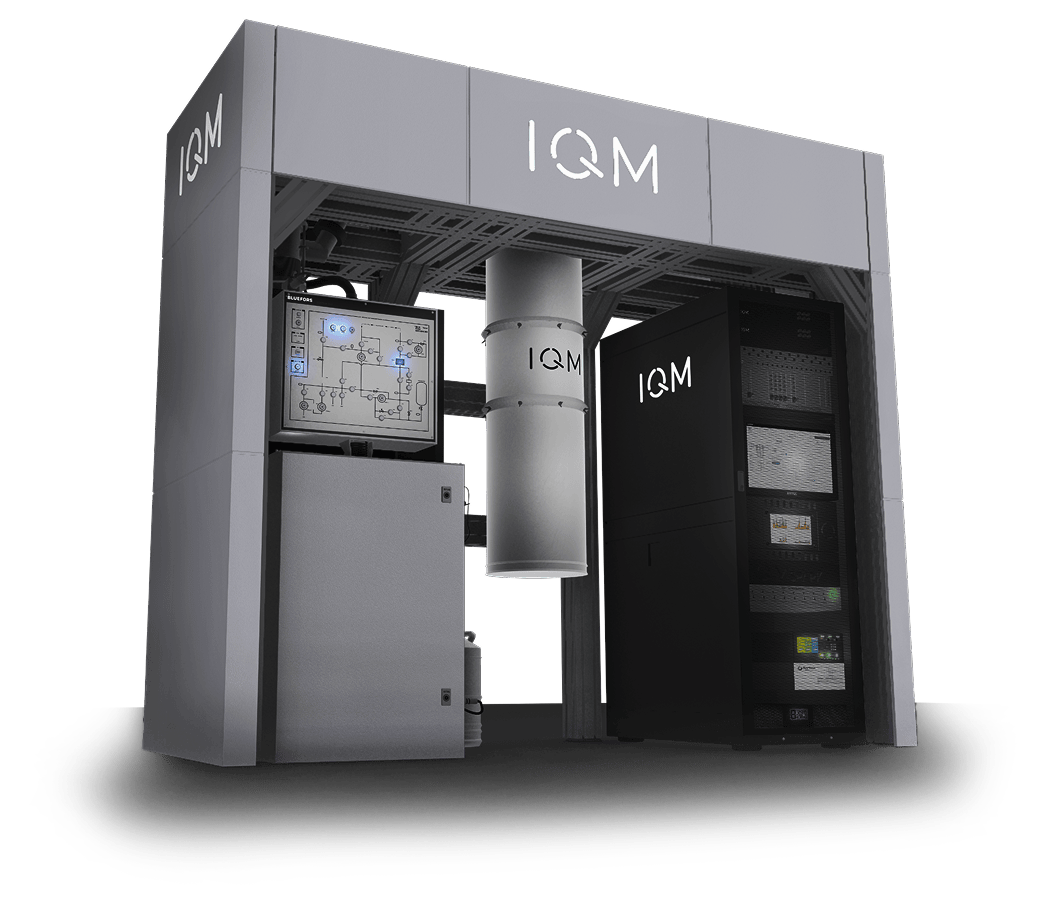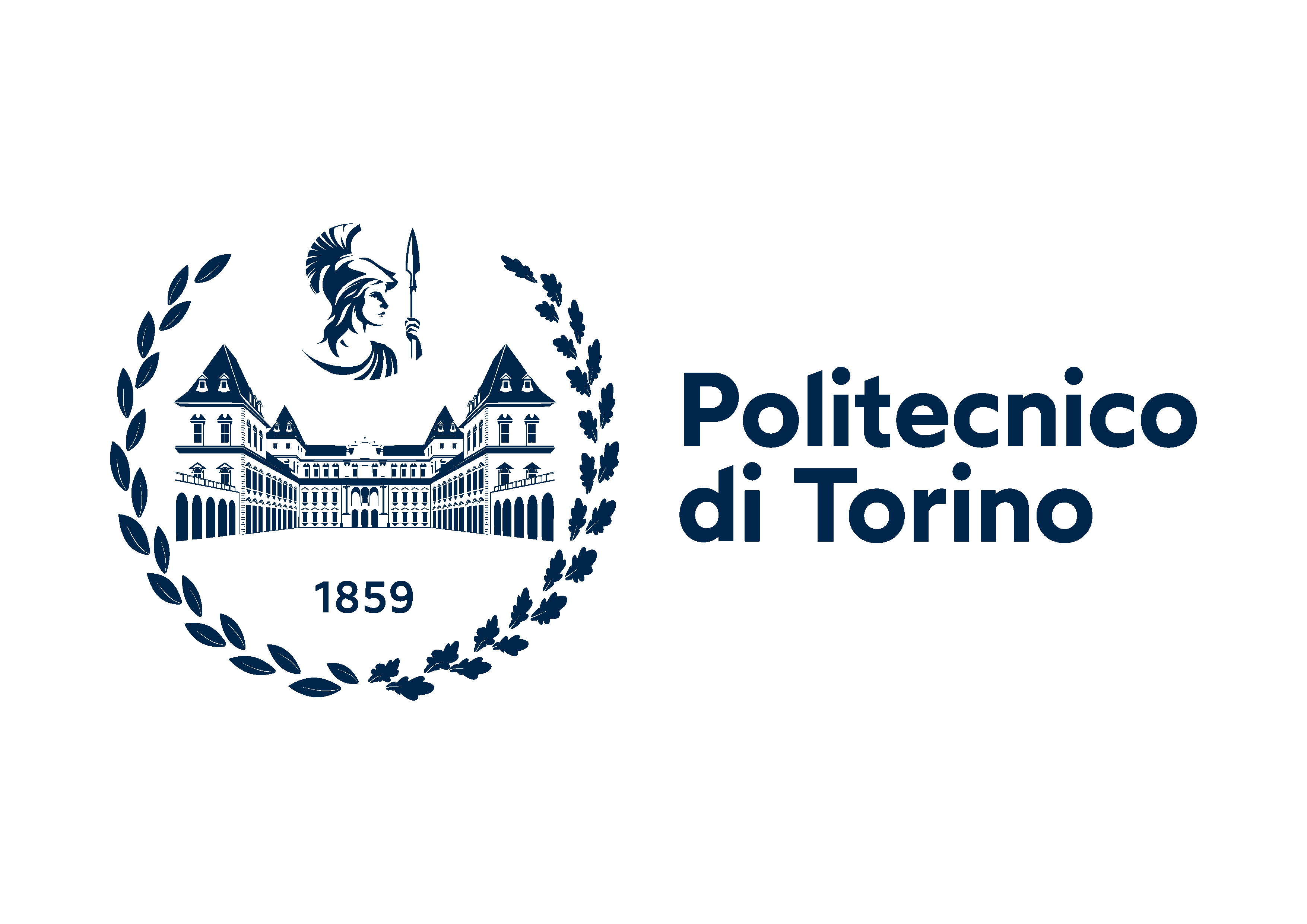Who We Are
QubiTO was founded in 2023, inspired by the enthusiasm of students and professors at the Polytechnic of Turin for quantum physics and its contemporary, promising technological prospects. Together, united by a passion for this dynamism, we research and disseminate aspects of this fascinating world in its countless variations, leveraging our knowledge and skills by participating as a team in international hackathons.
With the inauguration of the first quantum computer at the Polytechnic, Spark IQM, we will finally begin to apply our theoretical knowledge to the realization of practical projects!

Our team currently consists of six divisions that focus on internal insights related to defined technological areas, mostly oriented towards quantum computing:
Hardware
This division deals with the practical functioning of the quantum computer, investigating the variety of physical systems used to encode quantum bits – qubits – and the electronic systems employed to control them. Special attention is given to superconducting technology, which is the basis of the new quantum computer at the Polytechnic, Spark IQM.
Decoherence
Physical systems that exhibit quantum properties are subject to natural relaxation that deteriorates these properties over time. This phenomenon is known as “decoherence” and its characterization is crucial to ensure the proper functioning of any quantum computer. The team division dedicated to the study of decoherence conducts research on the physical mechanisms contributing to the phenomenon and how to effectively limit it for quantum computing purposes.
Error Correction
Where partial decoherence of the physical system or interference from control electronics corrupts the state of the qubit, the implementation of error correction algorithms allows for the recovery of its original value. Optimizing these algorithms is of critical importance, especially considering the operation of computers that are still not powerful enough. The division dedicated to error correction studies these algorithms in their significant differences compared to those widely used for classical computers.
Programming
The basic operations that can be performed on qubits are called “gates”. Their appropriate combination ideally makes it possible to execute any operation that is already within the reach of a classical computer. The true power of qubits lies in the fact that many gates do not have a classical counterpart, allowing for complex computations to be performed exponentially faster in the most fortunate cases. The programming division studies how to combine gates to derive quantum algorithms that demonstrate greater execution speed compared to their classical counterparts.
Mathematical methods and communications
The division dedicated to mathematical methods and communication shifts its focus from the implementation of the quantum computer to emphasize both the mathematical concepts essential for understanding various challenges, such as optimization problems, and the infrastructure required for the transfer of quantum information, specifically messages encoded as qubits. In addition to the focus on quantum networks and the study of quantum information, this division places significant importance on exploring quantum cryptography, a promising technology for securing confidential communications.
Divulgation
A sixth division is responsible for external outreach through QubiTO’s social media channels, managing the content of the website, and participating in events that engage the public, also delving into topics and applications of quantum physics that are more distant from quantum computing.
Additionally, a sub-division of programmers manages and improves the website.

